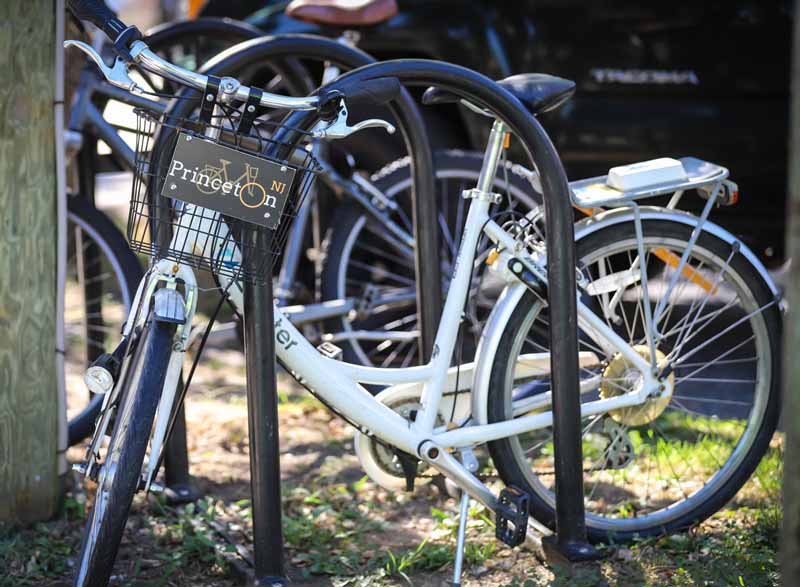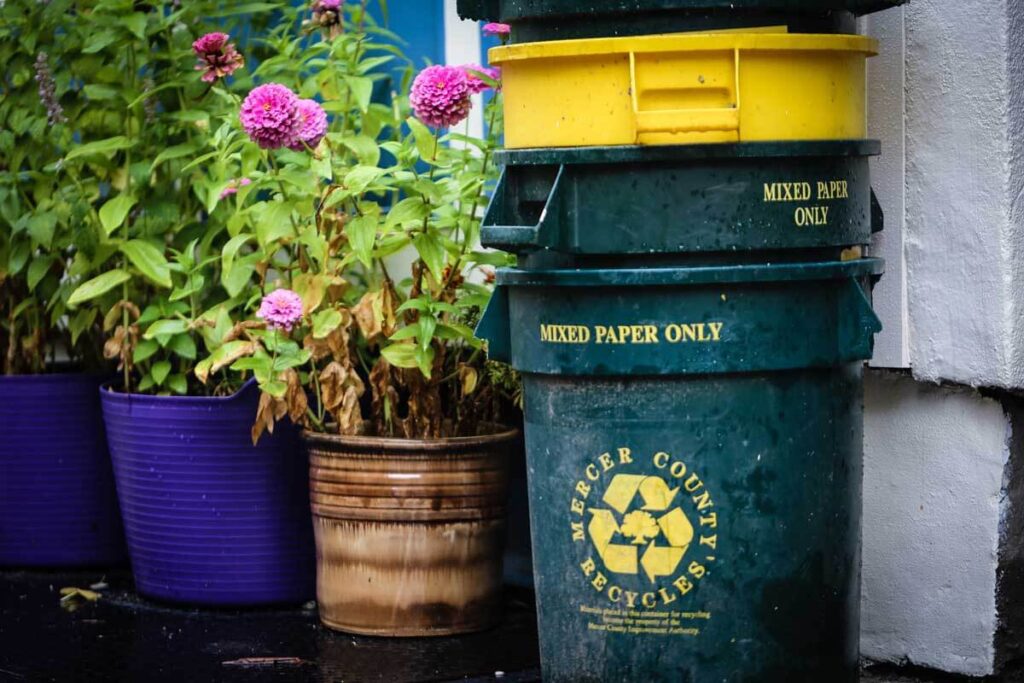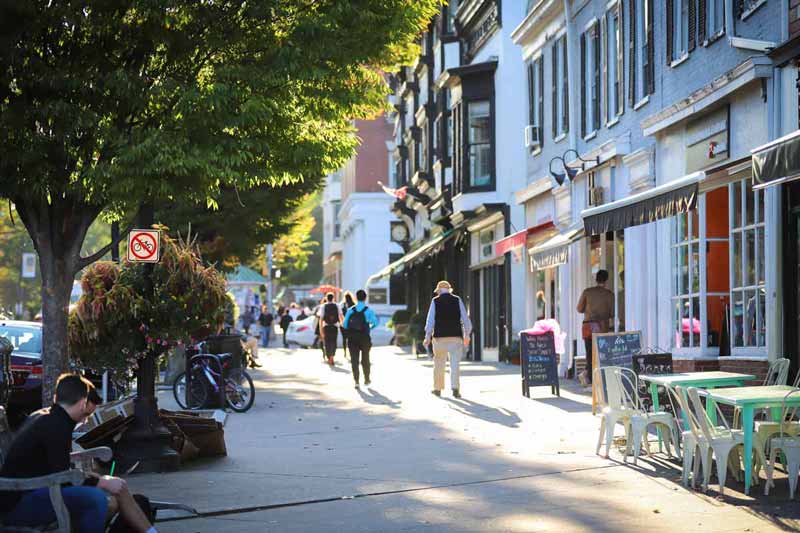Students
Let’s quit talking and get changing. There’s a lot you can do to create a more sustainable community and lead the change.
Please complete our Volunteer Registration Form to share your skills, interest, and availability.
YOUR HOME.
Whether it be an apartment, dorm, or your bedroom at home, reduce your energy use. Still living with your folks? Encourage discussion and advocate for implementing these suggestions. Your parents might listen to you more than you think!
Power down.
Turn off lights when you leave the room. Employ smart power strips to slash vampire energy on all your chargers and power cords.
Go LED.
Switch to LED bulbs. You get the same light output from considerably less energy, which saves money on your utility bill.
Adjust your thermostat.
Change the temperature when you are away or sleeping to use less A/C or heat. Throw on an extra layer or peel one off as a first step. If you don’t have a temperature control, work with your family or landlord to install programmable thermostats.
Use your shades.
When it’s cold, keep shades and curtains closed at night to hold warm air inside. Open them during the day to allow the sun to warm your space, particularly south-facing windows. On hot days, do the reverse.
Source renewable energy.
Even if your rental or home doesn’t have rooftop solar, you can still source your electricity from renewables. Making a switch to a renewable energy provider is easy, and makes a major reduction in your footprint.
Grow a sustainable yard.
If you have a yard, it is part of the local ecosystem. Plant natives, create low-mow areas, or add a rain garden to better support local wildlife and reduce flooding. Learn more.
More energy efficiency tips.
Looking for tips on how to make your home more energy-efficient? Read our website for more tips.
Transportation.
Beyond the energy used by buildings, transportation is the #2 culprit of emissions. You have a choice on how you get around.
Walk or ride.
Get up 5-10 minutes early to give yourself enough time to get to school or work in a sustainable fashion. The majority of Princeton residents live within two miles of our schools. Lead the change to reducing your (and your parents’) carbon footprint by biking or walking most days.
Still need a ride?
Maybe you need to take your trombone to school or have a late practice — we all have days that might require a ride, but plan ahead and carpool. Taking one friend in the car cuts your carbon footprint in half, and might even make parking easier. Princeton has a lot of public transit options and many of them are free. Give it a try and you might just find it convenient!
Help clear the air.
Tell your driver about the anti-idling law. Encourage anyone who’s waiting for you to turn off their car while they wait.
Ready to drive?
Learn more about electric vehicles and other options here. Be a conscious driver who respects bikers and other transportation alternatives. Consider taking others along to carpool when possible.

Purchasing.
What we buy matters. Change your overall purchasing habits and save money.
Analyze your footprint.
Learn where you personally are contributing greenhouse gas emissions. You might be surprised by what you find when you calculate your carbon footprint.
Refuse single-use and spread the word.
Skip the straw and bring your own silverware rather than using disposables for eating out. Let servers know why you are skipping disposables. Attending a school party or end-of-year celebration? Advocate for reusable plates & cups to make low-waste events. Don’t be a passive consumer, advocate for the change you want to see.
Shop used first.
“Fast fashion” creates a funnel of disposable clothing that is filling landfills. Consider one of Princeton’s resale shops or online consignment as a first stop before buying new. Whether it is clothing or something else, consider if it can be repaired rather than being replaced.
Plant-based is planet smart
In addition to the health benefits, a plant-based diet is also the best diet to reduce greenhouse gas emissions. Even if you can’t make this change everyday, choosing that veggie burger over a beef burger is one easy step in the right direction. Encourage ‘meatless Mondays’ in your home.
Give the gift of experiences.
Who needs more stuff? Give the gift of experiences with friends or family. Create memories to last. Feeling crafty? Gift something homemade and upcycled.

Waste.
We’re getting buried in trash. You can help by selecting products with less packaging and sorting waste correctly.
Recycling, there's an app for that.
Trying to figure out where things go? Check out RecycleCoach to get the inside scoop for recycling in our homes. Learn how to deal with batteries, old phones, and other hard-to-recycle items.
Know the rules.
Recycling rules vary (unfortunately) so if you live elsewhere or are recycling in a school or business, you’ll need to track down their recycler’s guidelines.
Donate, don't throw out.
Maybe last year’s fashion isn’t working for you, but don’t throw that shirt in the trash. Encourage your household to donate toys, clothes and anything else no longer wanted to one of the many pick-up services.
Compost food waste.
Throwing food in the landfill bin might be easy, but decomposing food waste creates methane, one of the more detrimental greenhouse gases. Most Princeton area schools offer a compost bin. Talk with friends about the importance of composting food waste and create a movement.

DID YOU KNOW?
QUICK FACTS:
FOLLOW THE MUNICIPALITY’S LEAD.
One Survey found that Millennials, in particular, are willing to change their habits to reduce their impact on the environment and pay more for products that contain sustainable ingredients.
SCHOOLS NOT TO BE LEFT BEHIND
Six Princeton public schools are registered with Sustainable Jersey for Schools and currently vying for certification. Will your school be the first to get it?
PRINCETON'S CLIMATE ACTION PLAN
Climate change is here.
The Princeton Climate Action Plan provides a roadmap to reduce Princeton’s contribution to climate change and to prepare for its effects.
All hands on deck!
The plan requires the collective effort of the entire community — every neighborhood, business, and school — working together to ensure Princeton remains a prosperous and vibrant town for future generations.



